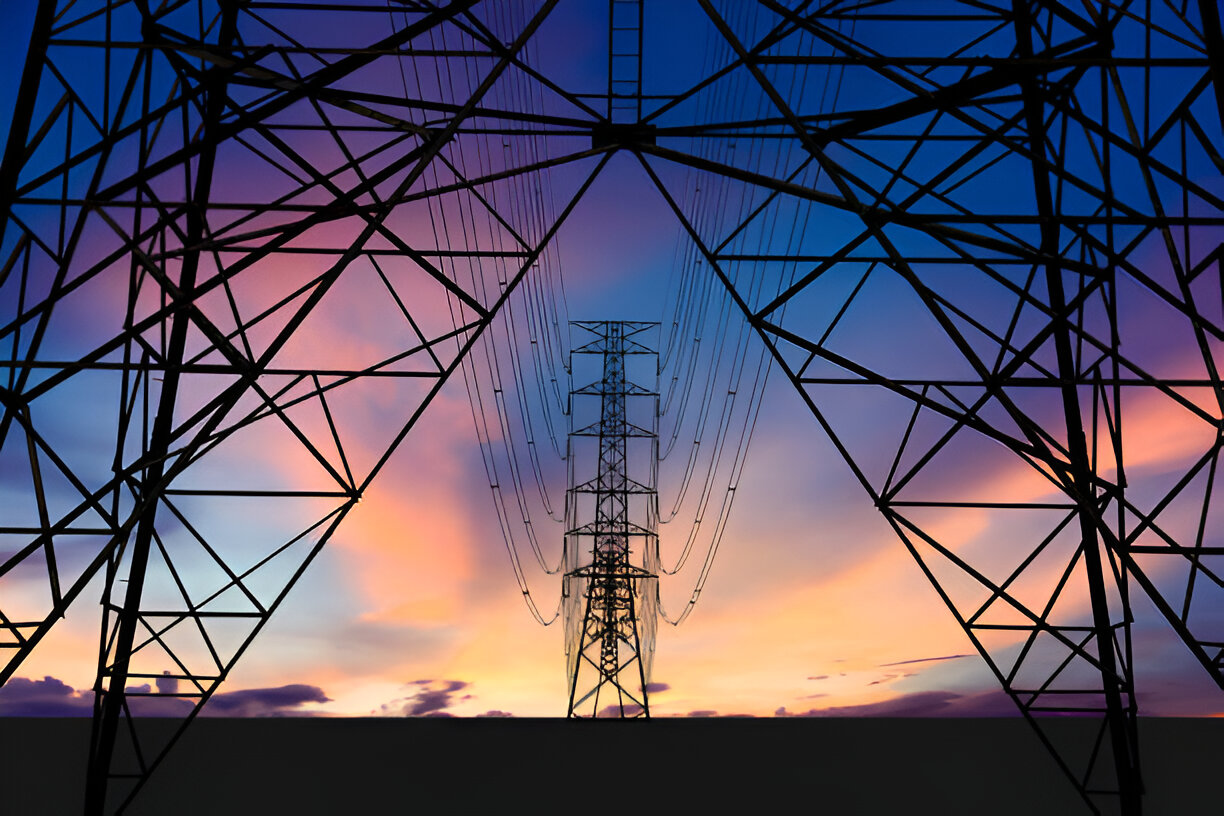Ever heard someone say, “We locked in a great energy deal for the business,” and wondered—who does the locking in? That’s the job of an energy buyer. It’s not a flashy title, but it’s one that quietly keeps the lights on—literally—for factories, schools, hospitals, and local councils. If you’ve ever paid a power bill and winced, you’re not alone. An energy buyer’s job is to keep that wince to a minimum.
What’s the quick answer?
An energy buyer purchases electricity and gas for businesses or organisations, aiming to get the best deal based on timing, usage, and market rates. They track energy markets, negotiate contracts, forecast demand, and often work alongside an energy broker or supplier.
Sounds simple? It rarely is.
Why would a business need an energy buyer?
Here’s the thing—energy isn’t just a utility anymore. It’s a cost centre. If you run a bakery in Sydney or a hospital in Melbourne, the price of power affects your bottom line every single day. That’s why many organisations, especially those with large energy footprints, hire dedicated energy buyers.
Some of their key responsibilities include:
- Analysing energy usage patterns over weeks, months, or even years
- Timing the market to buy energy when prices dip
- Negotiating long-term contracts to secure pricing
- Comparing offers from multiple retailers
- Forecasting future consumption to avoid overbuying or shortages
- Meeting compliance requirements, especially for sustainability targets
It’s part maths, part intuition, and part relationship-building. A wrong call can cost thousands. A smart one? It can shave a small fortune off a company’s expenses.
What skills does a great energy buyer need?
The best energy buyers are sharp analysts with the instincts of a trader. They also need to be skilled communicators. Here’s what sets the good apart from the great:
- Market knowledge: Energy prices can swing fast. Understanding supply disruptions, demand cycles, and geopolitical tensions is key.
- Data literacy: Energy usage reports are complex. Buyers need to make sense of them quickly.
- Negotiation ability: Rates aren’t always fixed. Knowing when and how to push back can save thousands.
- Resilience under pressure: Decisions are often high-stakes, especially for multisite businesses.
It’s not the kind of job that gets applause—but ask any CFO, and they’ll tell you the energy buyer is a quiet MVP.
Do energy buyers work alone?
Rarely. In fact, they often collaborate with energy brokers, who act as middlemen between buyers and retailers. Think of it like using a real estate agent to help you buy a house. The buyer brings the need, the broker brings the options.
In many cases, energy buyers lean on brokers for market updates, risk assessments, and contract benchmarking. The broker may negotiate on the buyer’s behalf or simply provide insights.
A good energy buyer will know when to trust a broker and when to dig deeper. It’s a relationship built on knowledge and trust—not just price.
What’s a day in the life of an energy buyer?
Here’s a snapshot from a Brisbane-based buyer managing procurement for a group of retail stores:
- 8.00am: Review overnight spot prices and any market volatility
- 9.30am: Check in with the energy broker for retailer updates
- 11.00am: Analyse consumption data from the past quarter
- 12.30pm: Lunch while scanning industry news and regulatory alerts
- 2.00pm: Meet with operations team to adjust demand forecasts
- 3.30pm: Update internal risk models based on upcoming price renewals
- 5.00pm: Respond to supplier proposals and prepare recommendation for management
It’s strategic. It’s reactive. It’s a constant game of staying just ahead of the curve.
Is sustainability part of the energy buyer’s role?
Yes, increasingly so. With carbon reporting and ESG obligations gaining ground in Australia, energy buyers often lead conversations about renewable energy procurement, carbon offsets, and green power sourcing.
Some buyers now add tasks like:
- Sourcing large-scale generation certificates (LGCs)
- Comparing carbon-neutral vs conventional supply options
- Liaising with sustainability officers to align energy strategies
It’s not just about cost anymore. It’s also about conscience.
Are energy buyers becoming more important?
Absolutely. With energy markets in Australia becoming more volatile—due to grid transitions, renewable integration, and global price shocks—having someone who understands timing, trends, and risk is no longer a luxury.
The shift to Net Zero also puts pressure on businesses to make smarter energy choices. Buyers now sit closer to the C-suite than ever before.
And if you’re thinking this all sounds a bit like an energy trader’s job—you’re not far off. The overlap is real. But while traders buy and sell on open markets, buyers focus on securing supply and stability for their organisation.
FAQ
Do all companies need an energy buyer?
Not necessarily. Smaller businesses may rely on fixed-rate retail contracts or outsource procurement to a broker. But for large energy users, a dedicated buyer is often essential.
Is it the same as an energy manager?
Not quite. An energy manager typically oversees usage efficiency and site operations. An energy buyer focuses on the commercial side—contracts and procurement.
Can energy buyers help reduce emissions?
Yes. Through smart procurement and sourcing renewable contracts, buyers can directly influence a company’s emissions footprint.
Final thoughts
Behind every energy-efficient business is someone crunching numbers, comparing quotes, and timing purchases with the precision of a trader. That person is the energy buyer.
They’re not there for the spotlight—but their work powers your operations, protects your budget, and often guides your path to sustainability. For many, that role intersects daily with the expertise of an energy broker, whose insights help navigate contract strategy and market trends.
And if you’ve ever sighed at your latest electricity bill—well, chances are, someone like this could’ve helped you sigh just a little less.

